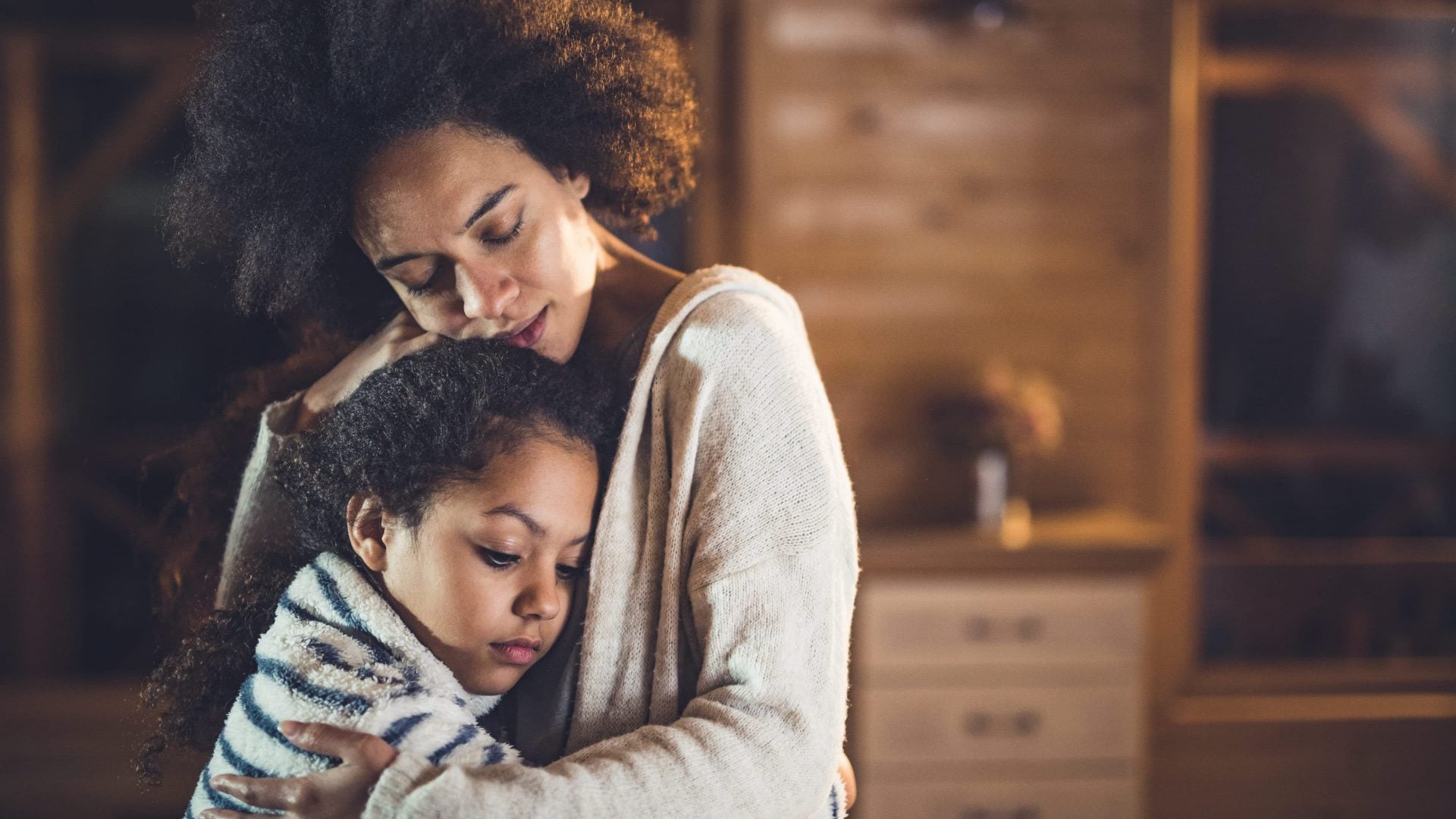
The world is an unkind place for Black mothers. Motherhood for Black women is a spiritual experience interwoven with a sociocultural lineage of horror. The radical act of birthing new life into this world could result in our death sentence since we are three times more likely to die than our white counterparts. Evidenced by Beyonce´ and Serena Williams’ experiences with pregnancy, the nation’s medical professionals lack the empathy to humanize with Black mothers who advocate for medical treatment post-pregnancy.
Enslaved mothers, our maternal ancestors, experienced disproportionate levels of sexual violence and decided to take their children lives; because they could not bear the sorrows of bringing an innocent soul into a world of chains. Us, their descendants, carry their generational trauma within us, yet we continue to call upon their strength, as we navigate through a white patriarchal centered society. Our wombs possess the inherent ability to produce magical beings who from their first breath are entered into a historic legacy of sociocultural discrimination.
In an NPR interview, Dr. Arthur James, an OB-GYN at Wexner Medical Center said, “Black babies in the United States die at just over two times the rate of white babies in the first year of their life”. Black babies are born into a world where their mothers encompass the duality of caregiver and breadwinner, an economic source of support, despite Black women being paid 0.61 cent to the white man’s dollar. If their father is incarcerated, Black women-led households significantly absorb the financial and emotional costs for their partner’s absence. These acts of “state violence” defined in an article from Everyday Feminism as violence approved or funded by the government most often targeting marginalized groups – against Black communities in America are interwoven into our history, as well as Black mothers efforts to fight against it.
“The Mothers of the Movement”, a sisterhood of Black mothers unified by the lost of their children to police violence, organized at the 2016 Democratic National Convention and 2017 Women’s March to advocate for a policy agenda that ensures no mother should have to bury their child. Congresswoman Lucy McBath, one of the women involved in the organization, transformed the pain of her son’s death into political advocacy and sought to transform the nation’s gun laws, so Black boys are able to enjoy loud music without the fear of being shot. Yet, there are mothers like Kelley Williams-Bolar whose defiance against an unjust educational system, where Black students are more likely to attend underfunded and less resourced schools, are awarded a jail sentence. Our mothers are ineligible for the fragility afforded to white mothers who allocated thousands of financial resources to secure their children spots into the nation’s top-ranking higher education institutions.
When are Black mothers are allowed to be angry? A historical analysis of the social conditions for Black women in the United States presents records of evidence of why our mothers are untrusting of systems who have dehumanized and vilified our very existence. Yet the physical manifestation of anger is not met with affordable medical treatment or access to quality mental supports. In Korryn Gaines case, she was given a series of bullets from Baltimore’s Police Department. Although she had a history of anger and impulsive behavior, Gaines believed it originated from her childhood experiences with environment racism; being raised in subpar housing with high levels of lead, which can produce erratic and aggressive behavior. My heart mourns for her son who witnessed the banality of evil as police officers took his mother’s life in front of him, a tragic loss that can never be repaired. I wish to believe in a society where Black mothers are allowed to enjoy the humanity of our lived experiences, but I find myself mourning for children I have yet to have because I’m inherently afraid of the future to come.













